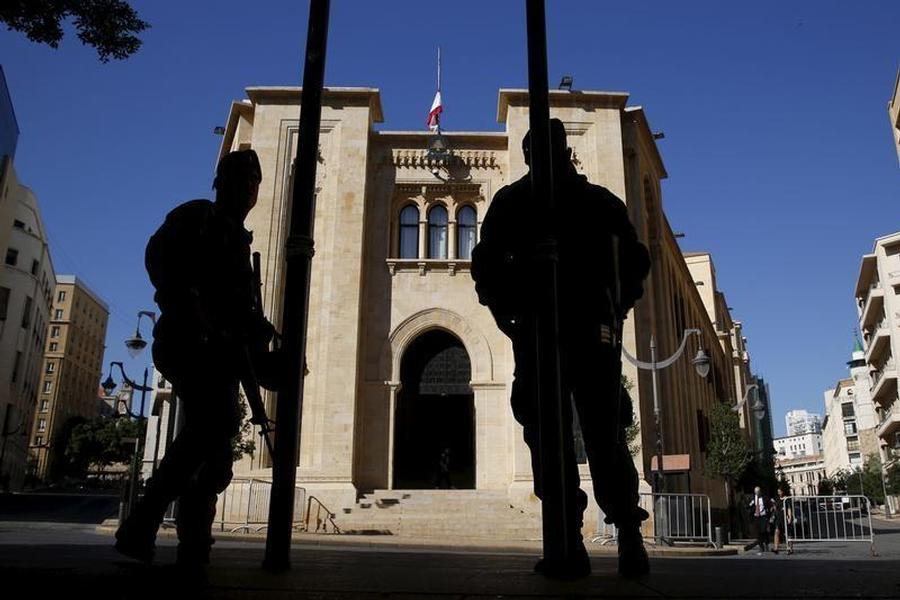Beirut – Soon after Lebanese President Michel Aoun’s success in adopting a new parliamentary electoral law, he called on political parties to take part in a “reform workshop” aimed at breathing new life in state institutions and putting an end to corruption in the country.
Aoun is expected to invite the heads of the political parties that are part of the government for a meeting at the presidential palace in Baabda to “activate the work of cabinet and let all sides assume their responsibility.”
Political powers earlier this week succeeded in adopting a new electoral law that saw parliament extend its term for a year in order to prepare for the polls that have been scheduled for May 6, 2018.
This is the third time that parliament extends its term.
Presidential sources told Asharq Al-Awsat: “We entered a new phase after the adoption of the new law. The phase should not be limited to preparing for the elections, but it should witness the revival of state institutions, starting with the government and parliament.”
This entails the adoption of a series of laws and tackling sensitive development issues.
The extension of parliament’s term to May 2018 also led to the extension of the government’s term.
Legal and constitutional expert, former Justice Minister Ibrahim Najjar told Asharq Al-Awsat that the extension “turned things back to normal at parliament and cabinet.”
“It consequently completely restored normalcy in constitutional life,” he added.
Furthermore, he hoped that officials in the upcoming phase would prioritize restoring the trust of investors and tourists, especially Arabs, in Lebanon and attempt to revitalize the economy.
“What has so far been achieved does not meet the expectations of the Lebanese people. Regaining the trust of investors and tourists should take place simultaneously with a major workshop that puts an end to corruption,” declared Nahjjar.
Meanwhile, civil society activists, who clashed with security forces when parliament adopted the new electoral law on Friday, voiced their condemnation of the extension of parliament’s term.
They added that they will be suspending their activities until next year’s elections.
The “You Stink” campaign revealed that it will start taking “escalatory measures from now on and until the May 6 elections.”
“Accountability will take place at the ballot boxes and until then, we will continue. The next step will be on June 20 where we will announce the end of parliament’s term,” it said during a press conference.
“The time of fear is over,” it said.
The campaign activists also vowed to pursue the lawmakers “to pelt them with rotten eggs in a hope that they will learn their lessons.”
“The next choice is the choice of the nation, real change and the building of a democratic state,” they stressed.
Before the extension, parliament’s term was supposed to end on June 20.
Maronite Patriarch Beshara al-Rahi condemned the crackdown on protesters on Friday, saying that the people have the right for their demands to be heard.
Condemnations of the adopted electoral law also continued to pour in, with “Hezbollah’s” Loyalty to the Resistance bloc MP Kamel al-Rifai saying: “Sects are the winner in this law and the loser is Lebanon.”
MP Mohammed al-Safadi described the law as a “monster.”
Kataeb MP Elie Marouni said: “After a ten-year wait, a monster law is born. Where is the proportionality in this law?”
